Here are the Special Guests, Industry Experts and Community Leaders in the episode of This Week In Energy for February 15, 2025:
Warren Martin, Kansas Strong, reacts to the industry issue of innovation. One of the most significant ideological shifts is the industry's growing reliance on government subsidies and innovation.
Historically, oil and gas companies prided themselves on self-sufficiency, rejecting handouts in favor of market-driven competition. Today, they actively seek incentives for carbon capture, hydrogen production, and renewable energy projects.
In fact, there is a segment of the oil and gas industry turning into an “over-promising, under-producing” group like wind and solar. Those two industries specifically have yet to meet their renewable or environmental goals and unhitch themselves from government control and into the free market.
Programs like the Inflation Reduction Act have funneled billions into these initiatives, making government support an vital part of corporate strategy. Rather than allowing free-market competition to determine energy transition pathways, bureaucratic intervention now dictates investment and innovation priorities.
Bottom line, the government is now picking winners and loser in the oil and gas sector. With the help of public-private-partnerships and universities; corporations and government are now controlling the oil and gas industry’s finances, innovation and regulatory futures.
However, this transformation comes at a cost. Stifling free market innovation comes with a price too.
Compliance-driven investment often prioritizes optics over operational efficiency. Carbon capture and storage (CCS) projects, while politically favorable, remain economically inefficient without government backing.
Similarly, the push for net-zero commitments forces companies to allocate capital toward projects that satisfy regulatory demands rather than those that enhance energy security or economic growth. This shift undermines the very innovation that made oil and gas a dominant force in the first place.
As the oil and gas industry morphs into a state-guided energy sector, questions arise about its long-term viability as a free-market entity.
Will these companies continue to innovate under the weight of regulation and subsidies, or will they become quasi-public utilities beholden to government mandates?
The answer may determine not only the future of energy but also the broader trajectory of economic freedom and market-driven progress in the 21st century.
The Energy Gang Podcast host Ed Crooks is joined by Dr Melissa Lott, Partner General Manager in Energy Technologies at Microsoft, and Austin Knight, Vice President for hydrogen at Chevron New Energies.
Does clean hydrogen have a future?
Finding a role for hydrogen in a low-carbon energy economy.
Hydrogen has been called the Swiss Army knife of energy, because it has so many potential applications, from home heating to heavy industry. But so far, deployment around the world has been slow. And in recent months there has been a series of setbacks for plans to use clean hydrogen to decarbonise energy systems. So what’s the problem?
Is it unsuitable infrastructure, policy uncertainty, or fundamental challenges of physics and economics? Does hydrogen really have a role to play in the low-carbon energy system of the future? And if it does, what does the industry need to get there?
To find out, host Ed Crooks is joined by Dr Melissa Lott, Partner General Manager in Energy Technologies at Microsoft, and Austin Knight, Vice President for hydrogen at Chevron New Energies.
Hydrogen is not a one-size-fits-all solution, but it could help us tackle some of the toughest challenges in decarbonisation. It may be expensive, but in some sectors it looks like a more cost-effective solution for achieving net zero than any other option.
For some proposed applications, it looks pretty clear that hydrogen is going to be a non-starter. But Austin says there are some sectors where it still has a viable future. Chevron is investing in hydrogen fuel suppliers and fuelling stations for heavy trucks across California, for example. As Melissa says, the infrastructure just isn’t there yet to make hydrogen a viable option today. But is it a case of “if” hydrogen becomes a commercial reality, or “when”?
Click here for The Energy Gang Podcast
Welding students Jake Gibson and Shane O’Hara join The Crude Life founder Jason Spiess in Gillette, Wy.
Both Jake and Shane just arrived in Gillette days earlier and are fresh off their first day of class at Western Welding Academy.
Jake is from Oregon and talks about his journey to Gillette and welding. Shane comes from Tulsa, OK, and shares his story of pursuing the skills and trades walk of life.
The welding industry has experienced significant transformation since 2010, driven by technological innovations, a shifting workforce demographic, and increasing industry demand across various sectors. With the rise of automation, the push for sustainable manufacturing, and aggressive recruitment strategies targeting younger workers, welding remains a vital component of modern industry.
From 2010 to the present, the welding industry has embraced technological advances, expanded into emerging markets, and actively worked to replenish its workforce. With strong governmental and corporate support for trade education, welding remains a promising career path. As industries evolve, so too will the welding profession, ensuring its continued relevance in the modern economy.
Click here for The Crude Life Podcast
Executive Coach Joe Sinnott, Witting Partners, and the host of The Energy Detox Podcast discusses how conflict management is becoming more present in the world of energy management.
Conflict is an inevitable part of business operations, especially during major transitions like mergers, new employee integration, and internal executive disagreements. Effective conflict management is essential for maintaining organizational stability and ensuring smooth operations. This interview explores practical strategies for handling conflicts in these three critical areas.
Managing Conflict During Mergers
Mergers often lead to uncertainty, cultural clashes, and resistance among employees. To mitigate conflicts:
Clear Communication – Establish a transparent communication strategy to inform employees about the merger’s purpose, expected changes, and their roles in the new organization.
Cultural Integration – Identify cultural differences between the merging entities and implement programs to align core values and business practices.
Stakeholder Involvement – Engage key stakeholders in decision-making to reduce resistance and promote a sense of ownership.
Conflict Resolution Channels – Set up mediation teams to address disputes that arise from structural changes.
Leadership Alignment – Ensure that top executives from both companies are on the same page regarding vision, policies, and strategies to prevent internal conflicts.
Click here for The Energy Detox Podcast
Casey Gregersen, Big Horn Capital, explains why real estate is the next big opportunity for entrepreneurs and investors.
Casey is a serial entrepreneur in multiple industries as well as a former Petroleum Engineer for Shell. Driving strategy and performance across the Gregersen Corporate Group is where most of his efforts are stationed as he develops team leaders in each company. As he leads the sales team, he is also responsible for developing the best solutions for property sellers and investors in each market.
Casey’s vision remains the driving force behind the productivity in each team across the corporate group. Casey is also a husband, father of 4 boys, visionary, serial-entrepreneur, and professional real estate investor. His passion is to help others reach their financial freedom through passive income in real estate.
Over the past decade, he’s invested in hundreds of deals. From wholesaling, fix and flipping, buy and hold, he’s built business around each process of investing. His teams are able to acquire properties, fix them up, and get them sold in each of the markets he’s operating in.
Click here for full length interview
Johanna Ostrum, Chief Operating Officer with Gradient Geothermal, joins Andrew Parker and Adam Murray on the Let's Clear The Air Podcast
Geothermal energy is a small but growing part of the energy mix. In this episode, Johanna Ostrum, Chief Operating Officer with Gradient Geothermal, joins hosts Andrew Parker and Adam Murray to discuss the technology and policy developments that could make geothermal a bigger part of the future of energy.
The basics of geothermal are in the name, Ostrum tells listeners — using the ever-present heat of the earth to produce energy. During the episode, she describes advantages geothermal offers as a sustainable and reliable energy source, including the ability to be a base-load power source regardless of the weather.
Ostrum tells listeners that geothermal systems are highly efficient and can support direct heating applications, such as district heating, greenhouse heating, and industrial processes, further enhancing energy efficiency. For example, oil and gas companies could slash production-related emissions by switching to geothermal-powered hot water generators.
Another advantage, Ostrum says: geothermal energy does not require rare earth minerals, which are essential for other renewable technologies like wind turbines and electric vehicle batteries, thus avoiding the environmental and geopolitical issues associated with mining these materials.
Advancements in technology are making geothermal energy increasingly viable in diverse geographic locations, broadening its potential reach. Geothermal companies are leveraging oil and gas resources, including existing wells and the skills and knowledge of oil and gas workers, Ostrum says. Over the past five years, geothermal companies have begun using horizontal drilling techniques pioneered by upstream oil and gas companies.
In this episode, the hosts get Johanna’s thoughts on:
Geothermal basics.
Where it’s feasible to site geothermal production sites.
Relative advantages of geothermal energy.
Some of the challenges to implementing geothermal on a broader scale.
Johanna Ostrum is Chief Operating Officer with Gradient Geothermal, which is a leading producer of geothermal energy in the oil and gas sector. Ostrum’s extensive expertise spans the oil and gas industry, where she has excelled in engineering, regulatory, policy, and management roles. Her professional journey includes significant contributions at Noble Energy, SM Energy, Extraction Oil & Gas, and the Clean Air Task Force. Currently, she is a member of the Board of the Energy Leadership Institute. She holds a Bachelor of Science in Geological Engineering from Montana Tech.
To listen to the Let’s Clear The Air Podcast, click here
This Week In Energy is a newsmagazine radio podcast that broadcasts weekly across 22 radio station and qualifies for FCC mandated Public Affairs time.
Singer Songwriter music feature is the Moody River Band
The Moody River Band is a blues/folk fusion rock group, formed in March 2009, they feature a unique sound blending blues and folk influences. Known for songs like "Pineapple Baby" “Big Bad World” and "Yes I Do," they offer free music downloads on their website and are active on social media platforms.
For more on the Moody River Band and to download free music, click here.
This Week In Energy is a weekly newsmagazine radio podcast which qualifies for FCC mandated Public Affairs time. This Week In Energy addresses issues of public interest, such as safety, education, poverty, environment, mental health, and/or employment. Published files and recordings of interviews available as public files to increase accessibility to the public and to ensure the security of information.
Everyday your story is being told by someone. Who is telling your story? Who are you telling your story to?
Email your sustainable story ideas, professional press releases or podcast submissions to thecontentcreationstudios(AT)gmail(DOT)com.
Everyday your story is being told by someone. Who is telling your story? Who are you telling your story to?
Email your sustainable story ideas, professional press releases or petro-powered podcast submissions to thecontentcreationstudios(AT)gmail(DOT)com.
#thecrudelife promotes a culture of inclusion and respect through interviews, content creation, live events and partnerships that educate, enrich, and empower people to create a positive social environment for all, regardless of age, race, religion, sexual orientation, or physical or intellectual ability.
CLICK HERE FOR SPECIAL PARAMOUNT + DISCOUNT LINK
Don't miss out! Stream College Basketball on CBS live with the Paramount+ with SHOWTIME plan.
Start Streaming Today!






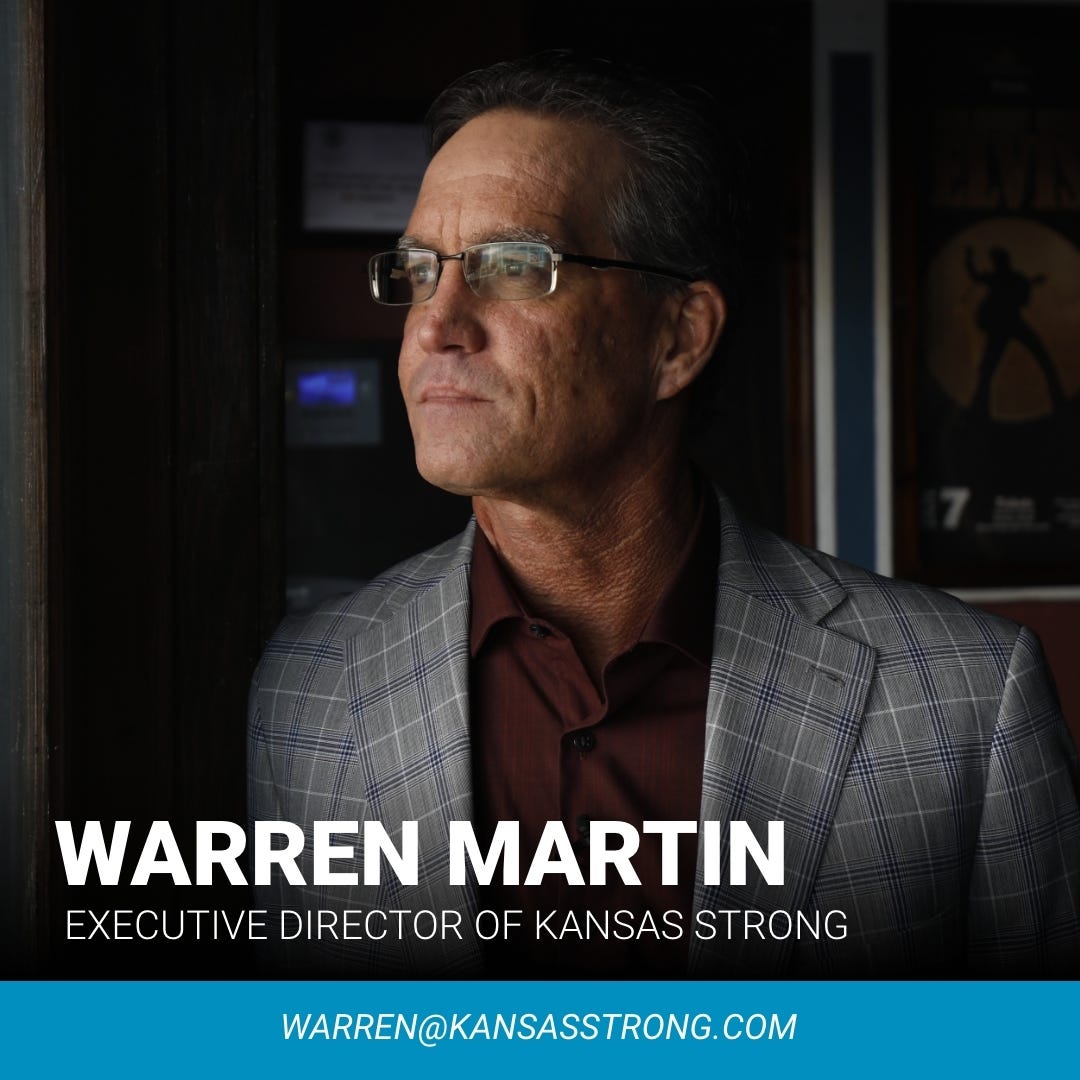

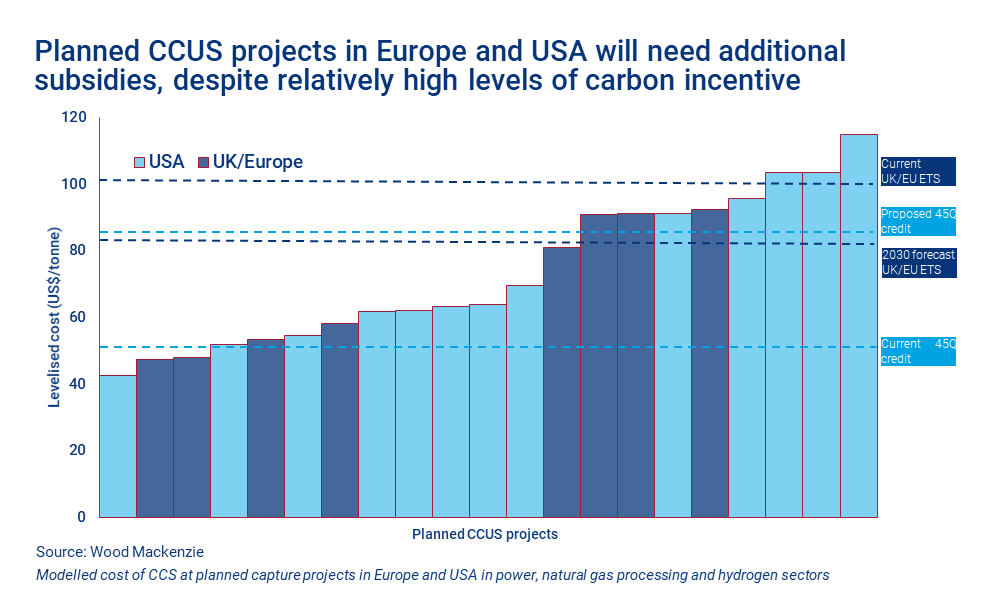

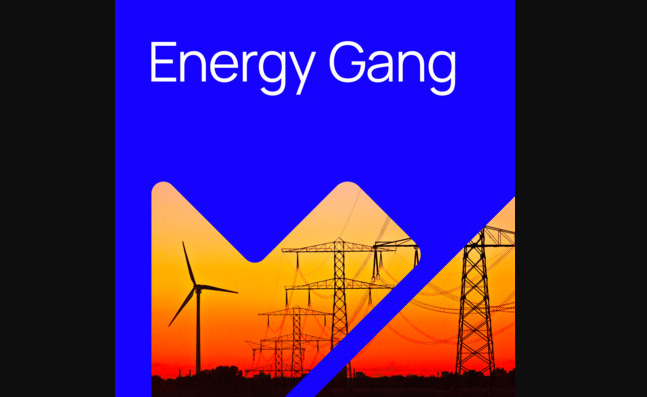


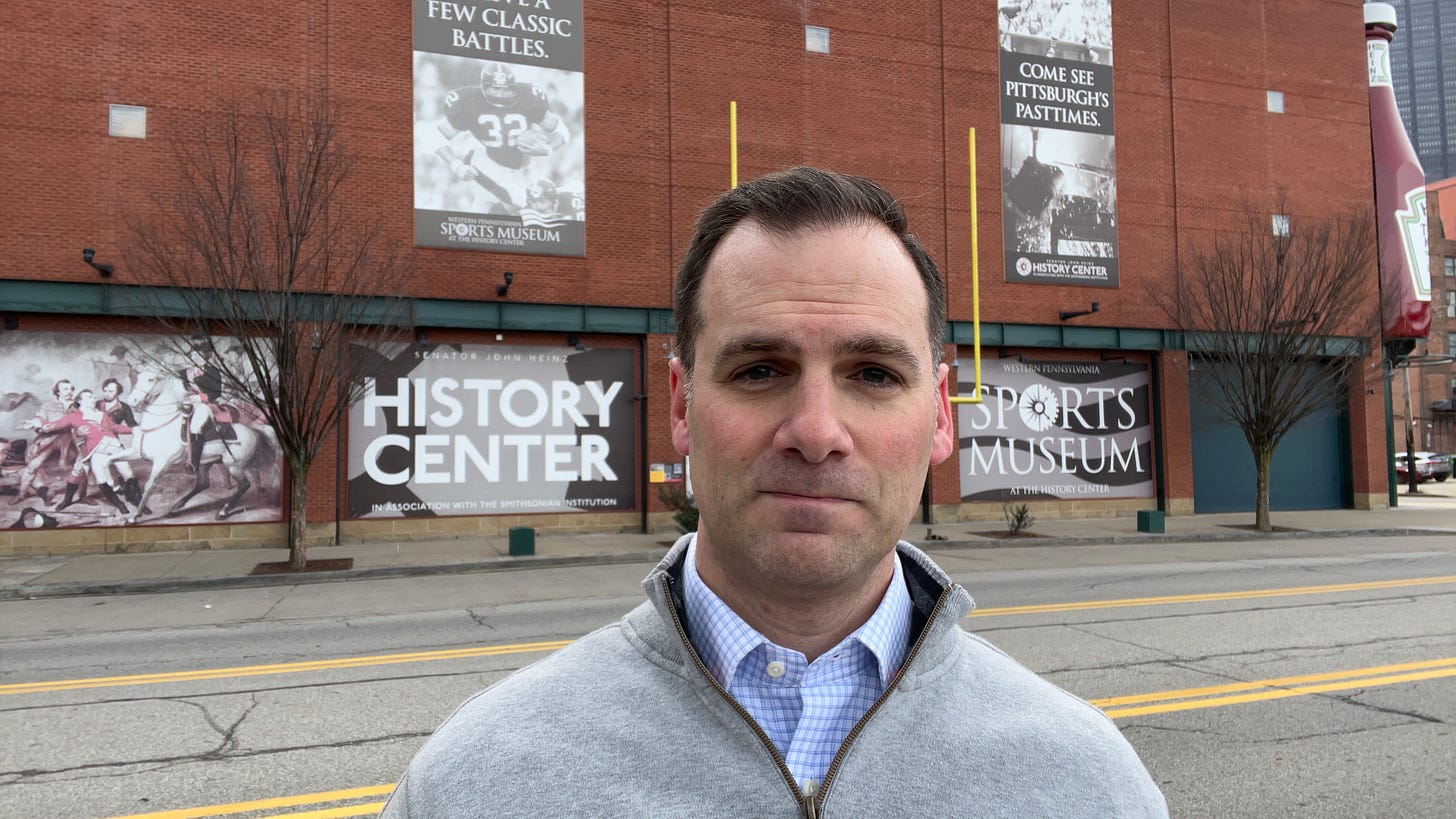

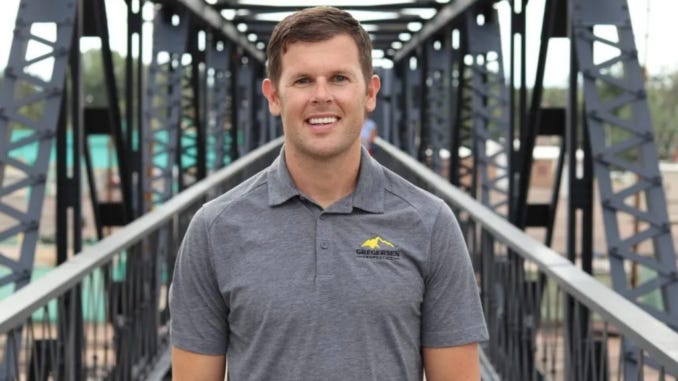
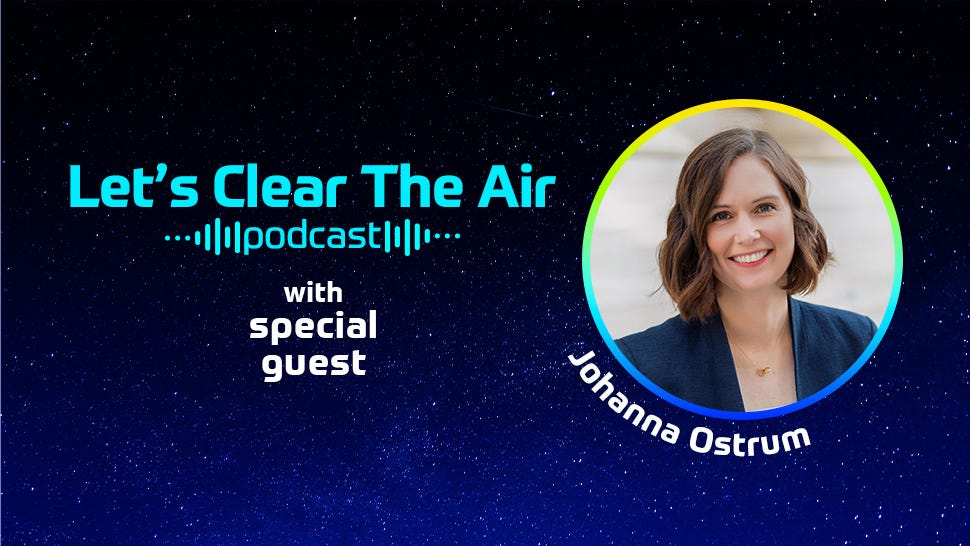
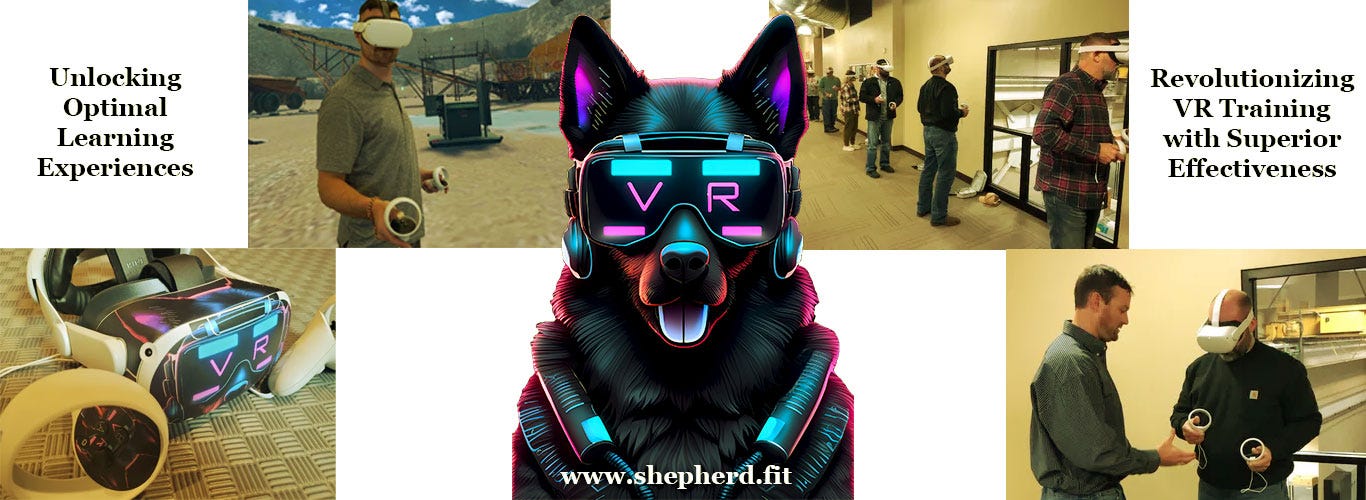












Share this post